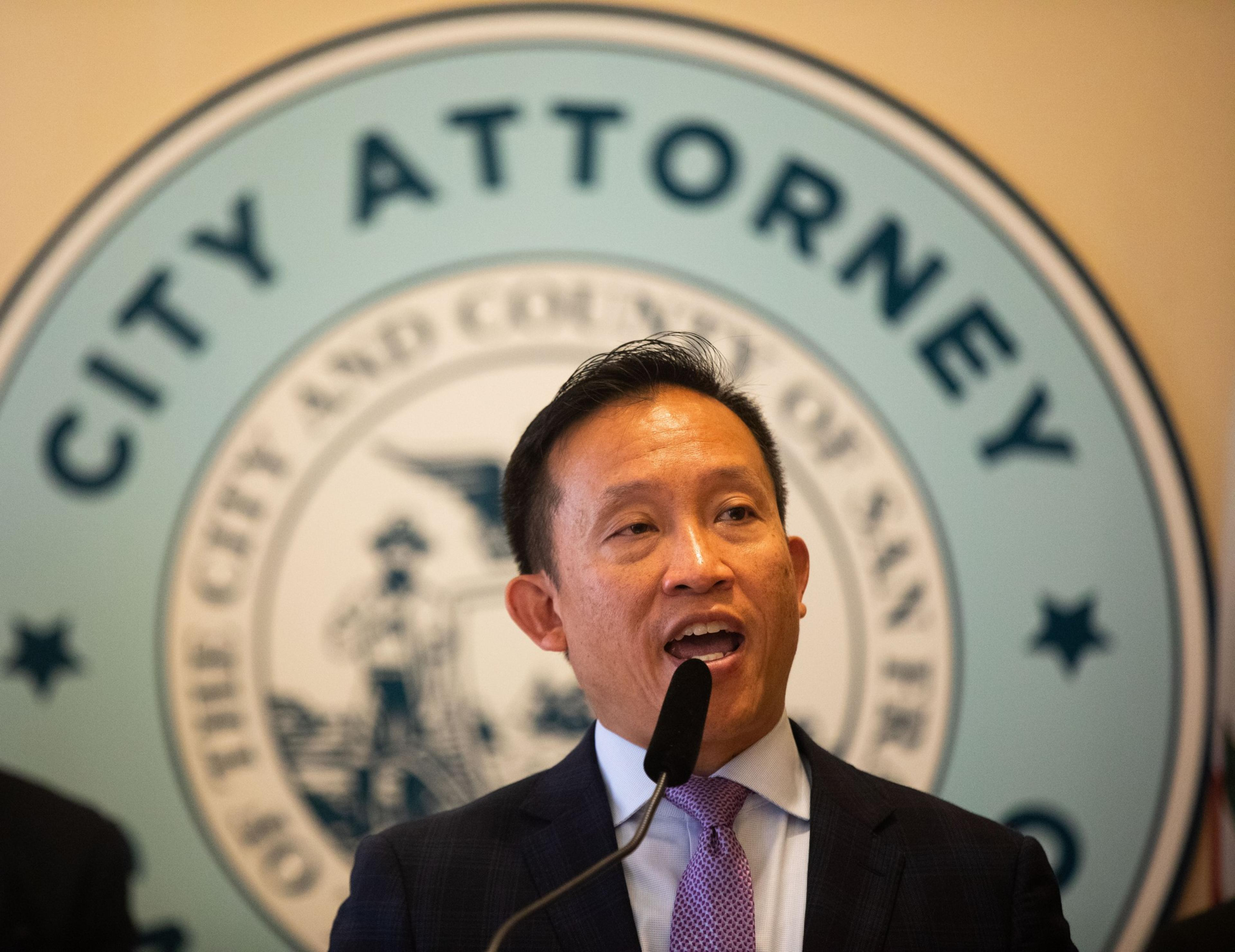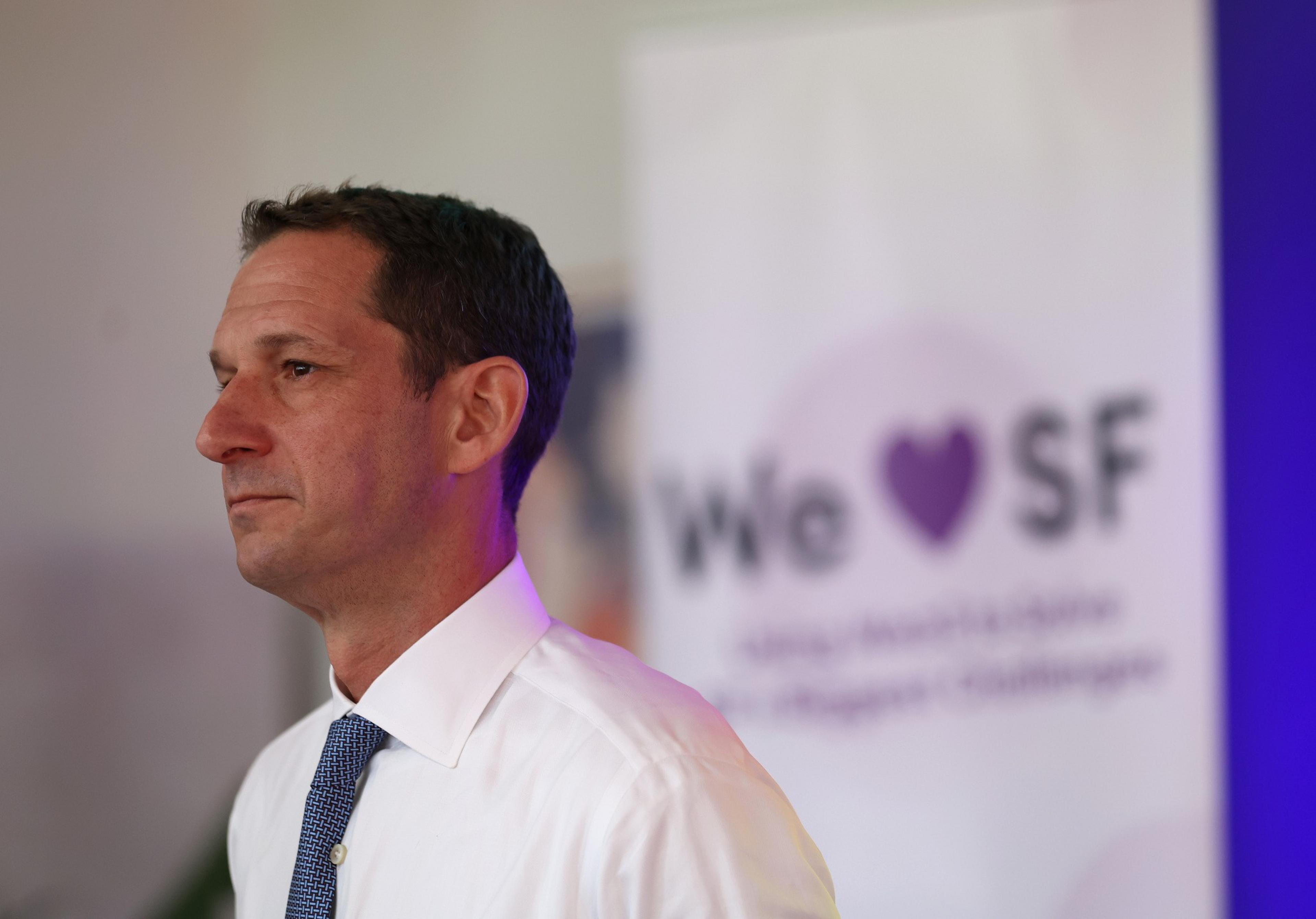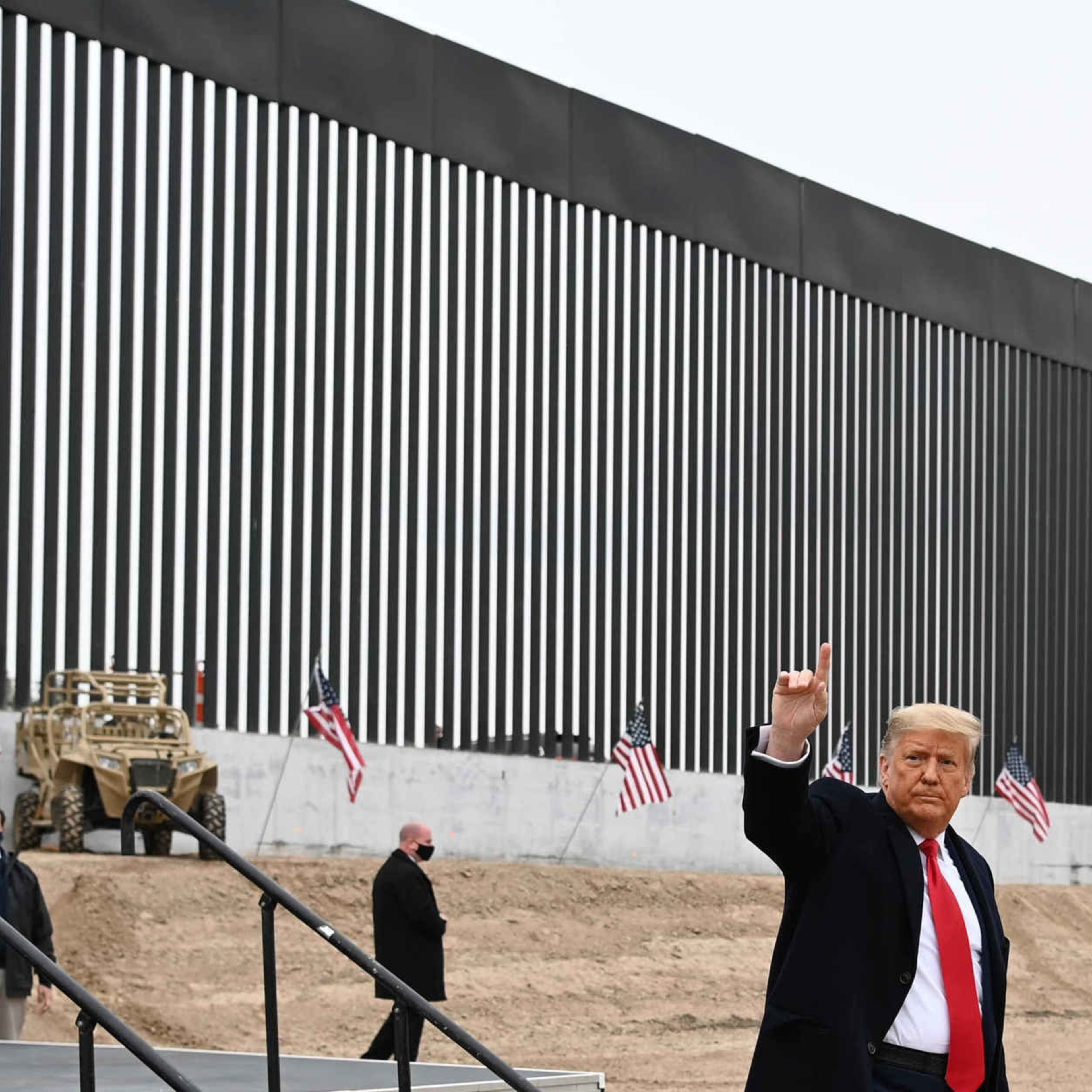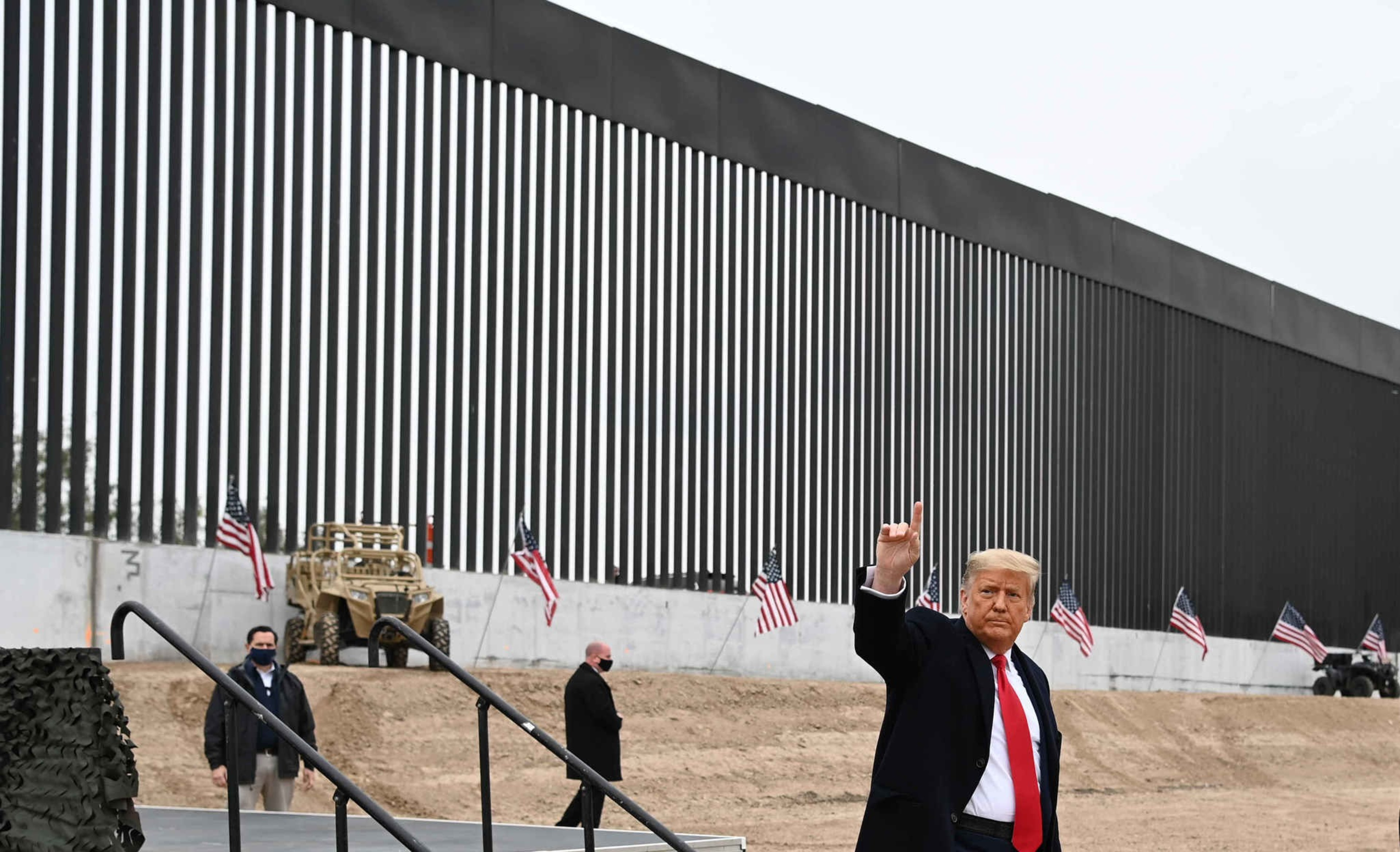Coming off of a campaign that seized on anxieties about border security, President-elect Donald Trump is promising to take a sledgehammer to the Biden administration’s immigration policies, efforts that could have a lasting impact in San Francisco.
The incoming president wants mass deportations, an end to birthright citizenship, restrictions on federal funding for liberal cities that don’t comply with his plans, and detainments at sites that are currently considered off-limits.
“There’s been a lot of fear, a lot of angst, and a lot of concern among the immigrant community, but at the same time, there’s been a lot of unifying, inspirational voices in the advocate community,” said San Francisco-based immigration attorney Ghassan Shamieh. “The immigrants themselves and their family members are scared about what’s going to happen to their loved ones, and they ask, ‘What’s Trump going to do?’”
Immigrants in San Francisco will immediately feel the effects of Trump’s policy changes, experts say. Other reforms may face procedural or legal hurdles that could outlast Trump’s administration.
Here’s what to expect when Trump takes office Jan. 20.
Can federal agents start deporting undocumented people at will?
No. The Fourth Amendment prohibits the government from unreasonable searches, meaning Immigration and Customs Enforcement officers can’t go door to door looking for undocumented immigrants.

Experts told The Standard that deportation proceedings through a judge can last up to six years, longer than Trump’s four-year term. However, immigrants who have received warnings to leave the country are subject to immediate deportation.
There are signs that Trump’s administration may dial back some of its efforts to focus primarily on undocumented immigrants with criminal records (opens in new tab) rather than anyone without legal status — to the displeasure of some of the president-elect’s allies.
So, what can Trump do that will immediately affect the city?
Experts point to two changes the president can make on Day One.
The first concerns workplace investigations. ICE already audits workplaces suspected of having undocumented employees. Under the Biden and Obama administrations, employers were instructed to fire those who couldn’t produce valid citizenship documents.
Experts expect those individuals to be arrested under Trump. The optics of the raids may change, too.
“They may come in with guns instead of just briefcases,” said Bill Hing, founder of the Immigrant Legal Resource Center, of possible changes from ICE. “That’s more than likely the kind of attention that they want.”

The other potential immediate change concerns areas generally considered off-limits to ICE officials. According to NBC News (opens in new tab), in contrast to prior administrations, Trump intends to allow immigration officials to make arrests in schools, churches, and hospitals. The so-called protected-area guidelines were created under President Obama and lasted through Trump’s first administration and President Biden. In potentially changing the policy, Trump wants to give agents the ability to make arrests during funerals, weddings, and public demonstrations.
Are there other changes he could make?
Yes, but they are likely to face hurdles.
Trump is considering withholding federal funding (opens in new tab) from Democratic-controlled cities if they do not comply with the federal government’s immigration plans. He tried to do this in his first administration, but the courts shot him down (opens in new tab) amid a lawsuit from San Francisco’s city attorney.
John Trasviña, former dean of the University of San Francisco School of Law, said Trump will likely try to circumvent this by having Congress place stipulations on federal funding.
This will undoubtedly spark a lawsuit from a group of cities, Trasviña said, and could take years to move through the courts for a resolution: “That’s where this issue will be argued back and forth and will take a long time to resolve.”
Still, if an immediate court decision favors Trump, it could bring major problems to San Francisco, which has a significant budget deficit.
Can local leaders do anything?

Not much. Incoming Mayor Daniel Lurie can reaffirm the city’s sanctuary policies, which generally prohibit local officials from helping ICE with deportations.
The mayor could also direct monetary resources to bolster legal aid services for undocumented immigrants through the public defender’s office or various nonprofits.
So far, Lurie has taken a muted tone in his public statements about Trump, saying he “shares the concerns” of San Franciscans about the incoming administration but declining to discuss details. This stance could reflect Lurie’s policy priorities, as he was elected on a mandate to fix immediate issues in San Francisco (opens in new tab) — and not necessarily as a so-called “resistance” Democrat against Trump.
In addition to Lurie, City Attorney David Chiu could complicate Trump’s plans by filing legal challenges in response to his efforts. The office was successful in a joint lawsuit with Santa Clara County in challenging the first Trump administration’s “public charge rule,” which would have implemented a wealth test for immigrants entering the country.
Outgoing Supervisor Hillary Ronen, whose district includes the Mission, said she has added funding to nonprofits that provide immigration legal aid.
Meanwhile, Mayor London Breed’s office confirmed to The Standard that it is exploring ways to provide pro bono legal services to city employees with Deferred Action for Childhood Arrivals status (opens in new tab). A representative of the city’s human resources department did not have an estimate of the number of employees with this status.

